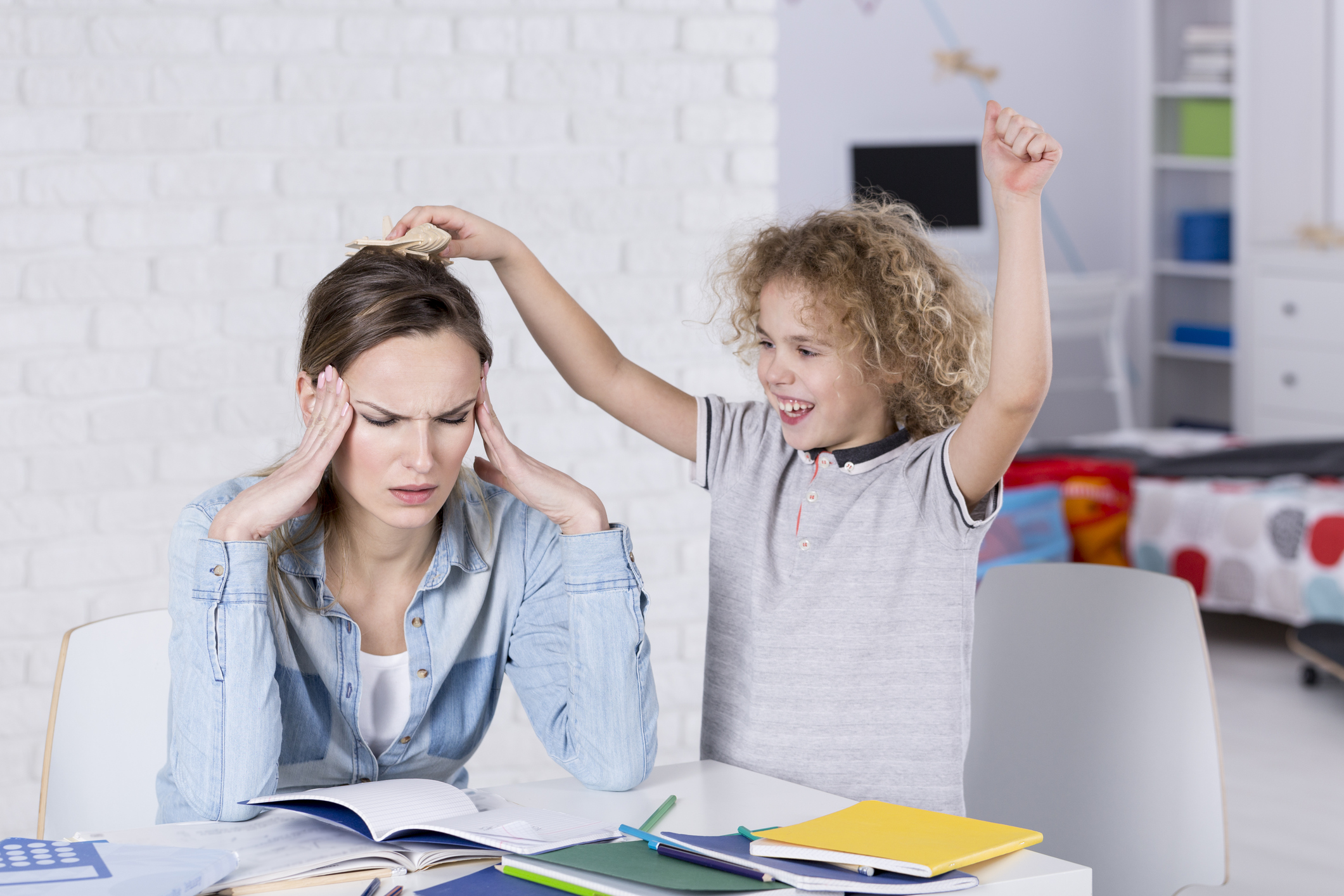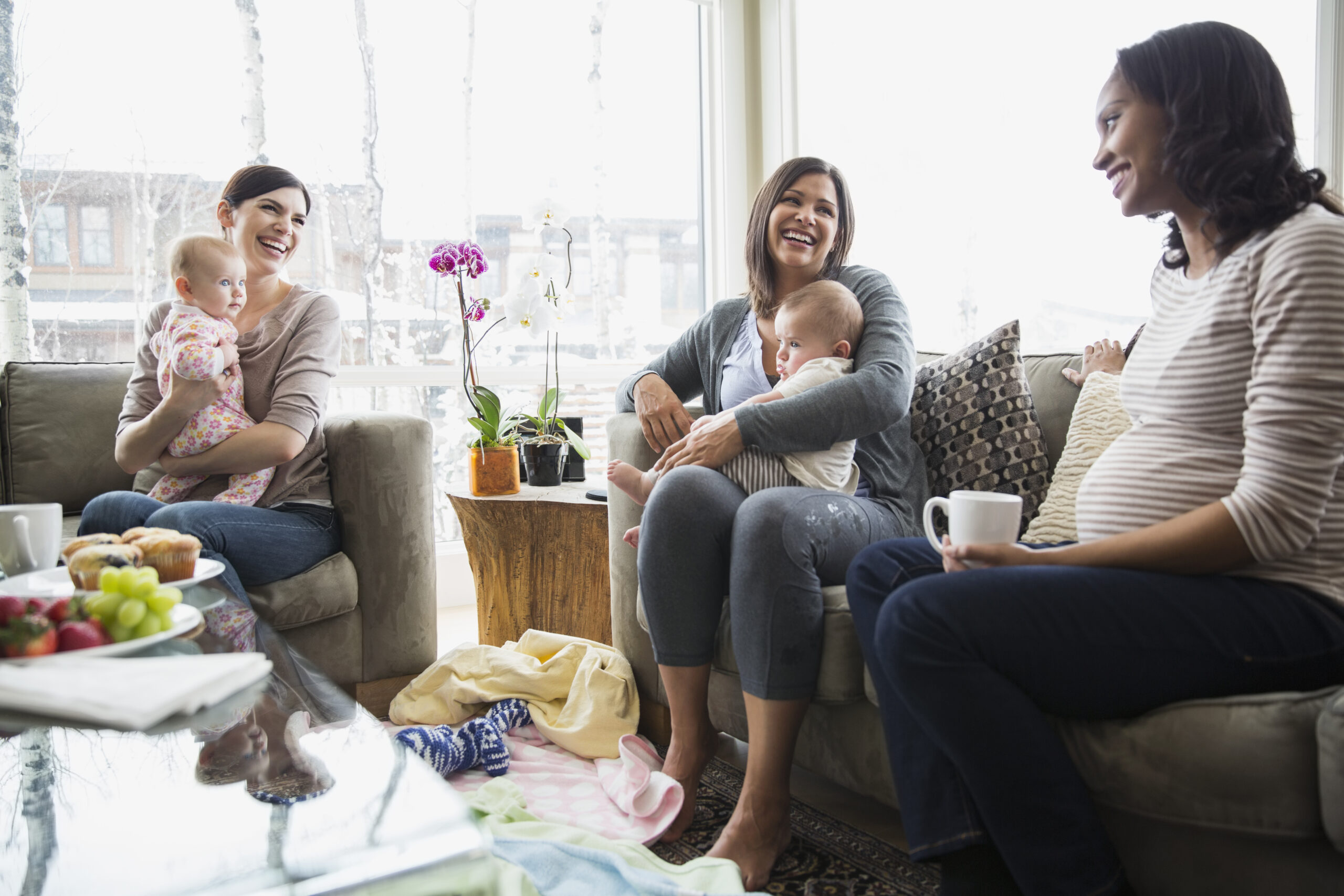We love our children more than life itself and do our best to get the parenting gig right. So how do we nurture a great relationship with our kids along the way? We asked parenting expert Jackie Riach from Triple P Parent Centre to talk us through a couple of things that parents can do.

Take a look at your interactions
At times it can feel like our kids don’t listen to us, and so we raise our voice when minor house rules are broken – only to think afterwards, that probably wasn’t such a big deal.
Our overreactions to relatively minor incidents like the kids not putting away their toys, or throwing a ball around inside the house, are often the result of our own stresses, Riach says – or the situation at the time:
When you’re in a rush to get out the door, and someone hasn’t done something, you’re going to react differently than you would if there was nowhere to go.
So don’t beat yourself up if you occasionally yell at the kids, is Riach’s advice.
But if you’re consistently overreacting to relatively minor incidents, then it can get in the way of your having a good relationship with your child, Riach warns. (And maybe you need to look at reaching out and getting the help and support you need?)
“It is the parent consequence that drives the child to do something, rather than them having an intrinsic motivation or a rationale.
“For example, with younger kids, if my child leaves their toys all over floor and I react by yelling then taking the toys away for a long period of time, my child doesn’t learn to pick the toys up because I’ve taken away the opportunity to learn.
“What we teach parents is to identify the problem, identify why it’s a problem, ask what the rule is and then ask the child to do it and praise them if and when they do.
“So you’d say: “The toys are on the floor. Gran’s coming over later and she might trip on them. What’s our rule about putting toys away? We pick them when we’ve finished playing with them. Good, show me you can do it.”
“So the child understands the reasoning behind what’s going on and can then engage in a positive way, and the parent actually gets the outcome they want. There’s a whole learning process in there.
“What you want in your interactions with your children is a balance that sways towards the positive, where your kids will do stuff because they want to please you, and they understand why these things need to be done.”

Don’t try and make your child happy all the time
“Of course we want our children to be happy and if they’re sad we want to make them feel better,” Riach says.
“But we can’t always rescue them and we can’t always make it better for them. They have to learn the skills of dealing with that uncomfortable, difficult feeling and being able to sit with it, in mindfulness terms.”
She continues, “It’s important for children to learn to live with not always getting their own way; how to deal with disappointment and also deal with failure.”
So when they don’t make the netball team or the maths class or the awards list that they thought they should have been on, it’s best to say, “I can understand that you’re upset, I’d be disappointed too – but sometimes these things happen. Is there anything I can do?”
What you’re doing is acknowledging their emotion but you’re also being matter-of-fact about the fact that we don’t always get what we want or feel we deserve, Riach says.
“And when you say ‘is there anything I can do?’ you’re not offering to march into the school and have a word with the teacher,” Riach cautions. “You’re asking if there is any way you can help them to come to terms with and deal with their disappointment.
By the same token it’s a mistake to try to play down any sadness they’re feeling, by jollying them along or telling them ‘it’s not that bad – cheer up’.
“If it’s appropriate take them out and do something nice with them, to help distract them for a little while. That’s what we do as humans, we’d do this for a friend who was going through a difficult time. Some kids go through experiences like getting ditched by their peers or losing a pet, and these are hard things for kids to deal with, and they need a bit of understanding and love and care.
“But it is okay for them to feel these emotions.”
And if they don’t want to talk, Riach says that’s okay too “depending on the strength of what’s made them unhappy”.
Riach suggests, “Make opportunities to talk but don’t force them or try to interrogate them. Kids are more likely to talk to you when they’re relaxed and comfortable, so it’s doing those things with them like ‘let’s go for a walk or watch a movie’ or ‘let’s go somewhere together in the car’.
Lastly, she suggests being watchful and aware. If your child begins behaving differently then you know something is up. And there are definitely times when, as parents, we do need to intervene.
“Bullying, for example, does have to be stopped,” she says, “and some kids can’t manage it alone.
“And that’s where it comes right back to the fundamentals of having a good relationship with your kids so you can protect them, so you can listen to them, so you can talk with them.
“It starts when they’re really young and it starts with you teaching them that they don’t have to be happy all of the time, and saying ‘are you feeling sad? I’m sad that you’re sad, is there anything I can do?’”


